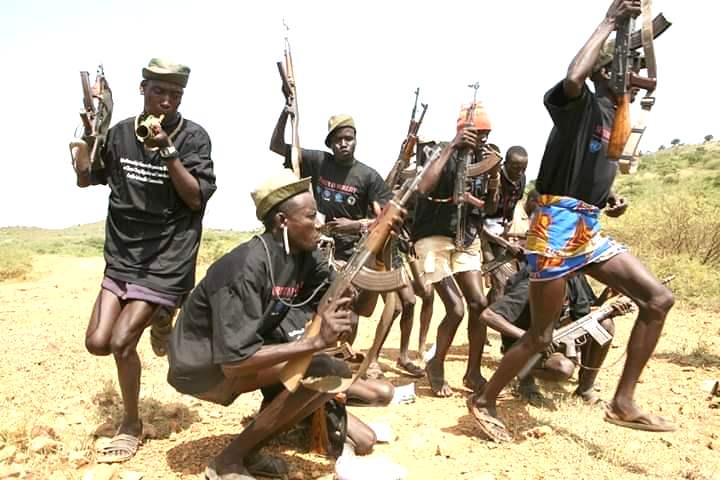No teacher has ever gotten used to turbulence and unrest in bandit-prone areas because working in such areas is like putting one’s life on the line.
Teaching is unique and has created all other professions. The Teachers Service Commission has ensured that teachers are spread evenly throughout the country.
Teachers are by calling social servants and are obligated to maintain proper social order in the society.
Like any other few professionals, teachers are staffed in calm and restive areas and have two powerful weapons: chalk and talk.
READ ALSO:
Solutions journalism: Shifting narratives to inspire change and break stigma
Some teachers have successfully fought their way from the jaws of banditry through sweet talk and persuasion.
Life in these areas is normally characterized by very little rainfall, which cannot support much plant life. Very limited Agriculture makes it increasingly expensive to purchase food items. Finding fresh vegetables and fruits is unheard of, and teachers get scorched by a hostile climate as they sacrificially execute their duties.
Mysterious situations appear when bandits attack schools and shoot indiscriminately, occasionally killing and maiming teachers and learners alike, leaving an indelible trauma, naturally dividing one’s life experience into “before and after.”
Modes of transport in such areas are damningly expensive, ranging from cars to motorcycles to animals, but the best of all is Camel transport since they are seasoned for such assignments and are referred to as ships of the desert.
Teachers in such areas cannot effectively digitize learning since the internet is completely paralyzed by bandits who plunder the mast, thereby deterring effective communication.
Periodical interruption
Bandits and the climate are extremely unfriendly in such places. Learning is periodically interrupted as schools close indefinitely. The syllabus coverage is always interfered with from time to time. Exams are occasionally taken far away from such areas.
Unfortunate situations occur when teachers get bitten by snakes, scorpions, and other deadly insects, some of which are extremely poisonous.
The general infrastructure is so poor in these areas that roads, railways, bridges, airports, and electricity are either poor or unavailable. Teachers are forced to work under such circumstances.
It’s not uncommon for drugs and arms to infiltrate into our country, threatening the lives of teachers in such areas. Diseases like Ebola and other infectious ones can easily spread through the foreigners and learners who Criss- Cross the border.
By Hillary Muhalya
You can also follow our social media pages on Twitter: Education News KE and Facebook: Education News Newspaper for timely updates.
>>> Click here to stay up-to-date with trending regional stories
>>> Click here to read more informed opinions on the country’s education landscape
>>> Click here to stay ahead with the latest national news.






